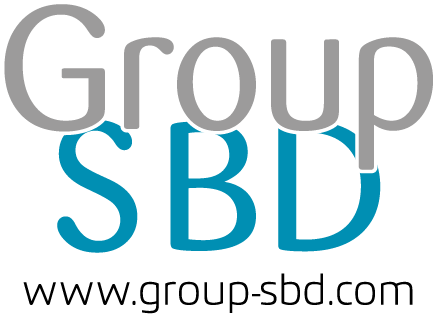“Help, my shoulder is getting older!”: How can patients and therapists cope with degenerative changes in the shoulder complex?
«¡Socorro, mi hombro envejece!": ¿Cómo pueden pacientes y terapeutas hacer frente a los cambios degenerativos en el complejo del hombro?
Authors: Ann Cools
Keywords: Degenerative rotator cuff . Joint arthropathy. Shoulder arthroplasty. Exercise therapy
Keywords: Manguito rotador degenerativo. Artropatía articular. Artroplastia de hombro. Terapia de ejercicios
Abstract: As we become older, the shoulder becomes a challenge, for mobility, as well as function in daily life. Degenerative rotator cuff (RC) tears, and joint arthropathy are a substantial burden for the patient, compromising daily function and activities related to sports and leisure. Interventions for the degenerative shoulder vary from non-operative management (exercise therapy) towards surgery (rotator cuff repair or shoulder arthroplasty). Throughout this journey, it is the task of the therapist to judge the contextual factors, in order to provide optimal guidance to the patient. The purpose of this presentation is to focus on some specific patient-related questions, based upon the current scientific evidence: 1 Which are the best exercises to train shoulder strength and function in the elderly? 2 How important are psychosocial components such as self-efficacy, and self-management in the success of a rehabilitation program? 3 Is a tailored exercise program, based on the specific needs of the patient, superior to a general rehabilitation program? 4 What are the predictors of success and failure after rotator cuff repair? It is the purpose to open the discussion on these questions and propose some suggestions based on our published and ongoing research.
Abstract : A medida que envejecemos, el hombro se convierte en un reto, tanto para la movilidad como para la función en la vida diaria. Los desgarros degenerativos del manguito rotador (CR) y la artropatía articular suponen una carga sustancial para el paciente, ya que comprometen la función diaria y las actividades relacionadas con el deporte y el ocio. Las intervenciones para el hombro degenerativo varían desde el tratamiento no quirúrgico (terapia de ejercicios) hasta la cirugía (reparación del manguito rotador o artroplastia de hombro). A lo largo de este recorrido, es tarea del terapeuta juzgar los factores contextuales, con el fin de proporcionar una orientación óptima al paciente. El objetivo de esta presentación es centrarse en algunas cuestiones específicas relacionadas con el paciente, basándose en las pruebas científicas actuales: 1 ¿Cuáles son los mejores ejercicios para entrenar la fuerza y la función del hombro en las personas mayores? 2 ¿Qué importancia tienen los componentes psicosociales, como la autoeficacia y la autogestión, en el éxito de un programa de rehabilitación? 3 ¿Es un programa de ejercicios a medida, basado en las necesidades específicas del paciente, superior a un programa de rehabilitación general? 4 ¿Cuáles son los factores que predicen el éxito y el fracaso tras la reparación del manguito de los rotadores? El propósito es abrir el debate sobre estas cuestiones y proponer algunas sugerencias basadas en nuestras investigaciones publicadas y en curso.
06-12-2024
Ann Cools
0 Comments
| Citation: Ann Cools. «¡Socorro, mi hombro envejece!": ¿Cómo pueden pacientes y terapeutas hacer frente a los cambios degenerativos en el complejo del hombro?. https://doi.org/10.24175/sbd.2024.000015 |
| Received: December 06, 2024 Accepted: December 06, 2024 Published: December 06, 2024 |
| Copyright: © 2024 Ann Cools. This is an open access article distributed under the terms of the Creative Commons Attribution License (CC BY-NC), which allows, distribution, reproduction in any medium, provided the original author and source are credited and non-commercial use. |
| Funding: |
| Conflicts of Interest: |





